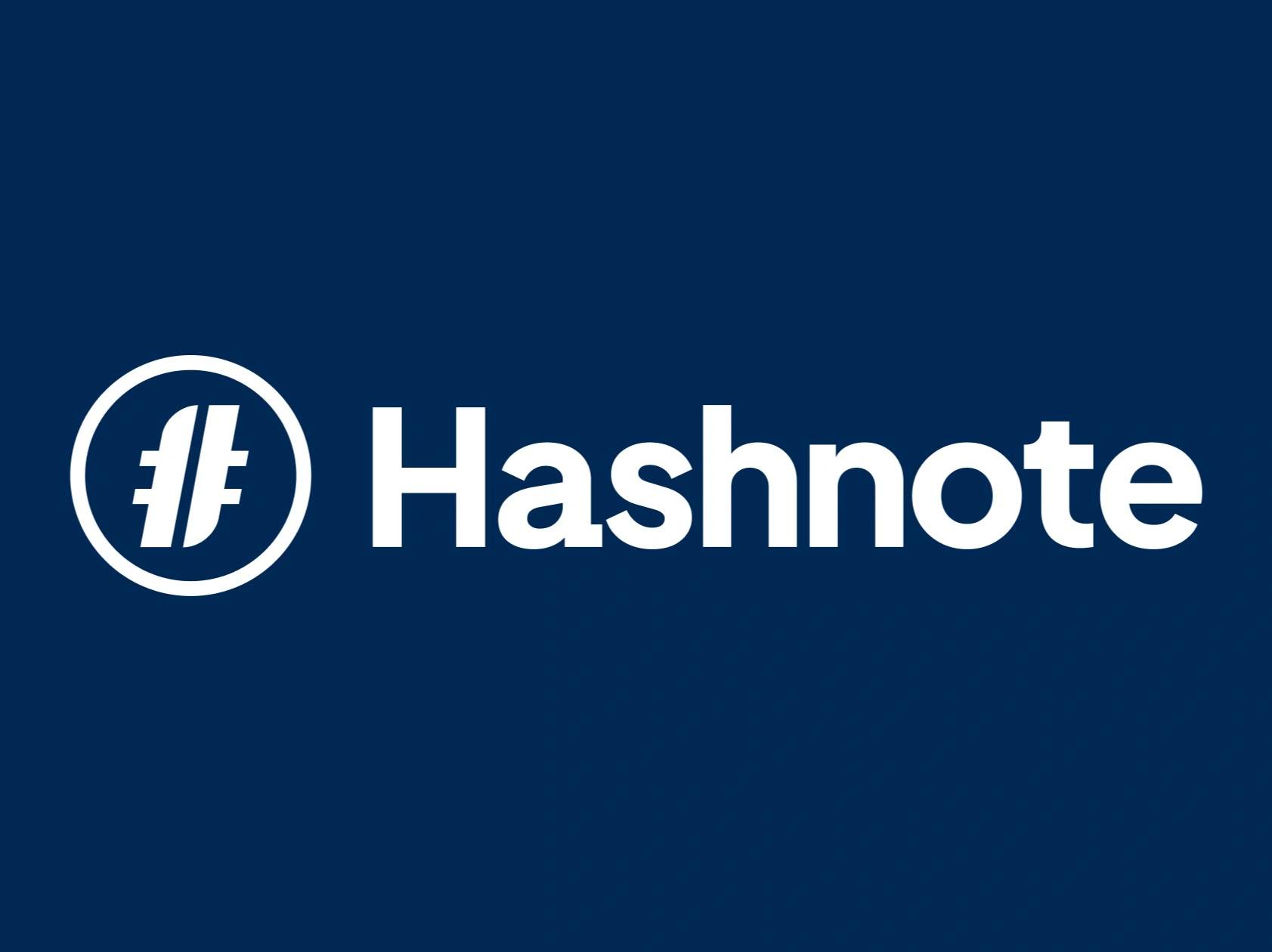위키 구독하기
Share wiki
Bookmark
Hashnote
0%
Hashnote
Hashnote는 전통적인 금융 인프라와 탈중앙화 금융(DeFi) 기술을 결합하여 기관 등급의 투자 상품을 제공하는 규제 대상 투자 관리 플랫폼입니다. 디지털 자산 투자와 관련된 복잡성과 위험을 해결하는 규제 프레임워크를 통해 DeFi 시장에 대한 규정 준수 액세스를 제공합니다. [2]
개요
Hashnote는 규정을 준수하고 안전한 구조화된 투자 상품을 제공하여 전통 금융과 DeFi를 연결하는 규제 대상 투자 관리 플랫폼입니다. KYC/AML 조치를 통해 규정 준수를 보장하면서 수익 창출, 위험 관리 파생 상품 및 스테이블코인 기반 기회와 같은 전략을 제공합니다. Hashnote의 플랫폼은 블록체인 투명성을 기관 등급의 금융 인프라와 통합하여 투자자가 플랫폼 또는 상대방 위험에 직접 노출되지 않고 DeFi 시장에 액세스할 수 있도록 합니다. Cumberland Labs의 지원을 받아 온체인 효율성과 전통적인 금융 감독을 결합한 구조화된 솔루션에 중점을 둡니다. [2]
투자 상품
Hashnote는 기관 투자자에게 DeFi 기회에 대한 규제 대상 액세스를 제공하도록 설계된 여러 투자 상품을 제공합니다.
US Yield Coin (USYC)
USYC(US Yield Coin)는 Hashnote의 단기 수익 펀드(SDYF)의 온체인 표현입니다. 이 펀드는 단기 미국 국채와 환매 및 역환매 거래에 투자하며 USYC는 이러한 기초 자산을 반영합니다.
USYC는 더 빠른 거래, 투명성 및 구성 가능성을 위해 토큰화를 활용하면서 단기 무위험 이자율을 기준으로 수익을 창출합니다. 이 구조는 다른 토큰화된 자산과 일반적으로 관련된 프로토콜, 보관, 규제 및 신용 위험을 최소화합니다. [5]
Hashnote Harbor
Hashnote Harbor는 투자자가 암호화폐 자산을 보관 기관에 보관하면서 수익을 얻을 수 있도록 지원하는 서비스입니다. Hashnote는 독점적인 스마트 계약 및 포트폴리오 관리 전략을 사용하여 자산을 이전하지 않고도 파생 상품 거래를 통해 옵션 기반 수익을 창출할 수 있습니다.
Harbor는 커버드 콜 스프레드, 커버드 콜 및 맞춤형 전략을 지원합니다. 커버드 콜 스프레드는 서로 다른 행사가격으로 콜 옵션을 매도 및 매수하여 하락 위험을 제한하면서 수익을 창출합니다. 커버드 콜은 보유 자산에 대해 옵션을 매도하여 프리미엄을 얻어 투자자에게 평탄하거나 약간 강세인 시장에서 이익을 제공합니다. 맞춤형 전략을 통해 특정 수익 목표 또는 위험 관리 요구 사항에 맞는 접근 방식을 사용할 수 있습니다.
Harbor는 등록된 법인을 통해 운영되며 Hashnote Management LLC는 CFTC의 규제를 받고 NFA의 회원인 상품 풀 운영자(CPO) 및 상품 거래 자문(CTA) 역할을 합니다. [3]
OSYC
Hashnote의 기회적 스테이블코인 수익률 전략은 스테이블코인 채택을 촉진하기 위해 벤처 캐피털 및 토큰 모금 펀드와 같은 비경제적 주체가 제공하는 인센티브 기반 수익 기회를 활용하여 DeFi 내에서 스테이블코인으로부터 수익을 창출하는 데 중점을 둡니다.
이 전략은 스테이블코인을 과담보 대출 프로토콜 및 자동화된 마켓 메이커(AMM)의 스테이블코인 유동성 풀에 배포하는 것을 포함합니다. Hashnote는 Kamino Finance 및 Orca와 같은 플랫폼을 활용하는 동시에 새로운 프로토콜을 지속적으로 평가합니다. 투자는 Fireblocks Vaults를 통해 안전한 스마트 계약 및 MPC 지갑에 보관되며 프로토콜은 배포 전에 감사 및 위험 평가를 거칩니다.
투자자는 참여 프로토콜의 에어드롭을 통해 추가 수익을 얻을 수도 있습니다. Hashnote의 직접적인 프로토콜 액세스 및 펀드 구조를 통해 높은 수익 기회를 효율적으로 식별하고 조치를 취할 수 있습니다. [4]
파트너십
- DRW
- Cumberland Labs
- Circle Internet Group, Inc.
- Fireblocks
- QCP
- Anchorage Digital
- Paxos
- Komainu
- Cosmos
- Asia Web3 Alliance
- Liquid Collective
잘못된 내용이 있나요?
